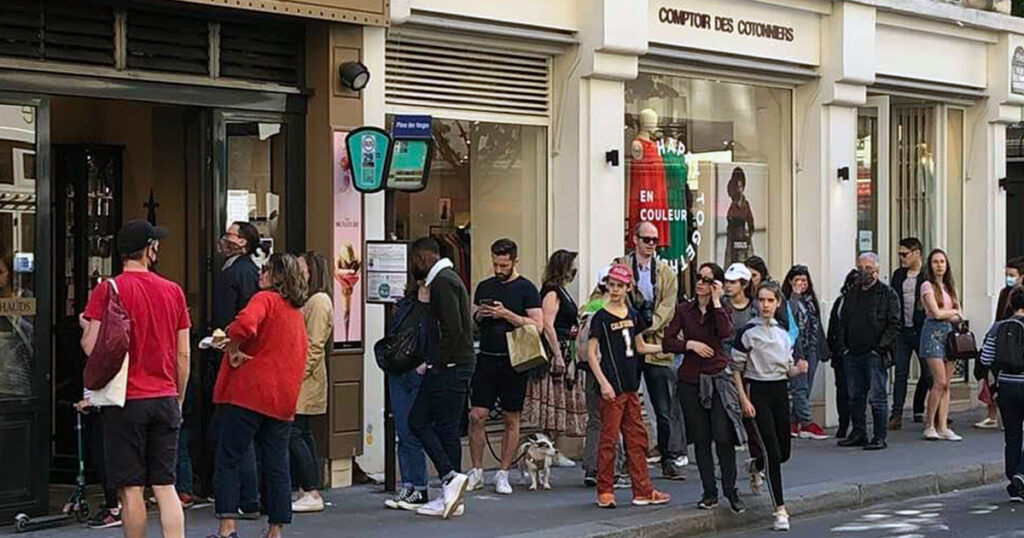
The French are facing an existential question as their coronavirus lockdown phases down: Will they be able to go on vacation this summer?
Cable television news and newspapers are filled with this topic. Will all the beaches be open? Campgrounds? Will families be able to drive farther than the current away-from-home limit of 100 kilometers? Can they vacation elsewhere in Europe, given that borders are restricted now? (Americans and other non-Europeans, by the way, can forget about coming here.)
These questions speak, of course, to the famous obsession the French have with les vacances, the annual ritual by which millions of people flee cities in July and August. (The departees even have names: juilletistes for those who blow town in July, aoȗtiens for the Augusters. The day that one set leaves and another returns is usually one of the worst days of the year for French highway traffic.)
But there’s more to it than that. An element of uncertainty hangs over coronavirus-protection rules that wasn’t present during the 56-day lockdown, one of the strictest in Europe. Then, the French knew exactly what they could and couldn’t do. You could only leave home for very specific reasons, such as medical appointments, grocery shopping, essential work, and, under incredibly specific conditions, exercise. People even had to carry a form they filled out that included time of departure and stated purpose for leaving. Over the course of the lockdown, more than a million fines were imposed for violating those reasons or for not carrying the form. It wasn’t fun but it was clear. Not for nothing was it called confinement.
Now, you get to choose. You can send your young children to school or not (it’s not open yet for older grades). You can get together with friends, as long as there aren’t more than nine of them. I saw two groups of precisely 10 people sitting on the grass in the middle of a tiny park on the traffic circle near my apartment the other day.
There are rules, like wearing a mask on public transportation. But, says Interior Minister Christophe Castaner, “The key to the vault of deconfinement will be the civic spirit of the French people.” I was reminded of that when I heard New York Governor Andrew Cuomo on CNN saying that “if people are smart, then yes, you will see some increase in the numbers, but you won’t see a spike.”
The French are talking like the Americans? This is a country known more for top-down institutions and direct orders, as anyone who sends children to French schools knows. Giving members of the public responsibility to make their own decisions is usually somewhat mistrusted, by both the givers and the public.
The new world of choice isn’t off to a great start. Police last week broke up crowds of people schmoozing along the hip Canal Saint-Martin in Paris. The authorities later banned alcohol along the banks of the Seine and the canals because there had been too much socializing but not enough distancing. For the same reason, the city’s parks will stay closed. I walked by a steak restaurant offering takeout over the weekend, and the entrance was jammed with customers. A friend saw crowds of people lined up in front of an ice-cream shop, way too close together.
The biggest uncertainty, of course, is the extent to which the virus will return. France’s lockdown achieved a significant reduction in new COVID-19 cases, down to less than 1,000 per day from a peak of more than 8,000. Intensive-care units are now under far less stress, and the number of active cases is beginning to decline. With people circulating more freely, those figures are bound to rise again. By how much won’t be known for at least two weeks, given the virus’s incubation period. Authorities have already planned a second lockdown if needed. Maybe it’s too soon to make those vacation reservations.

